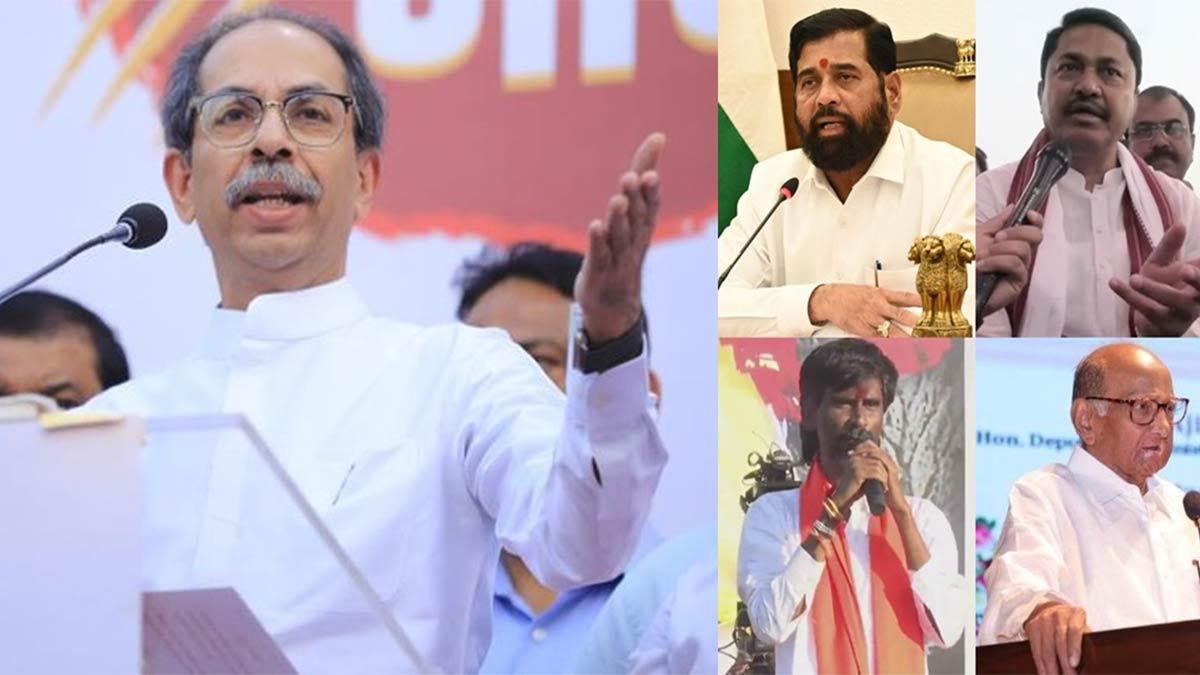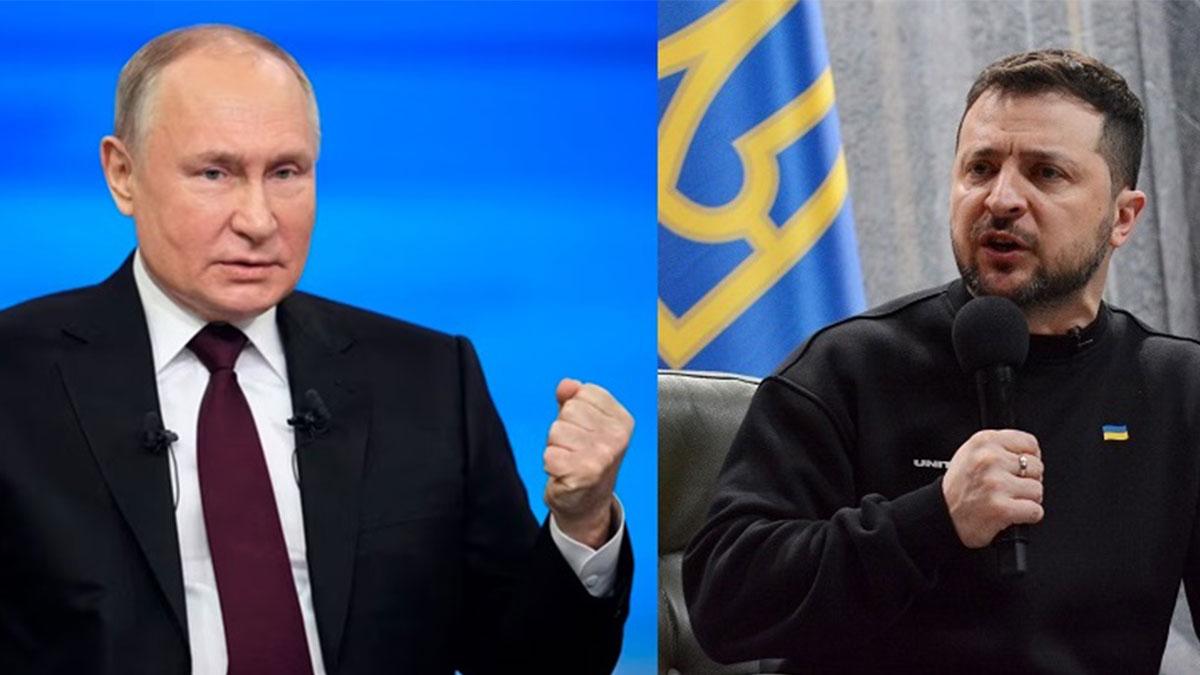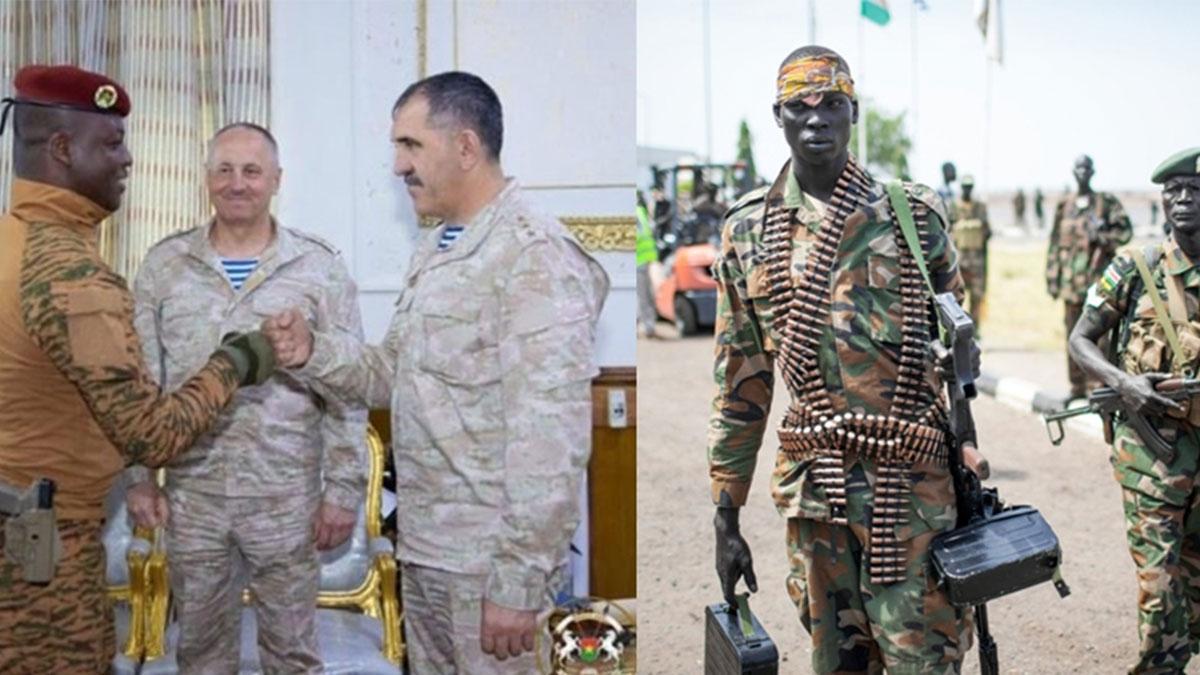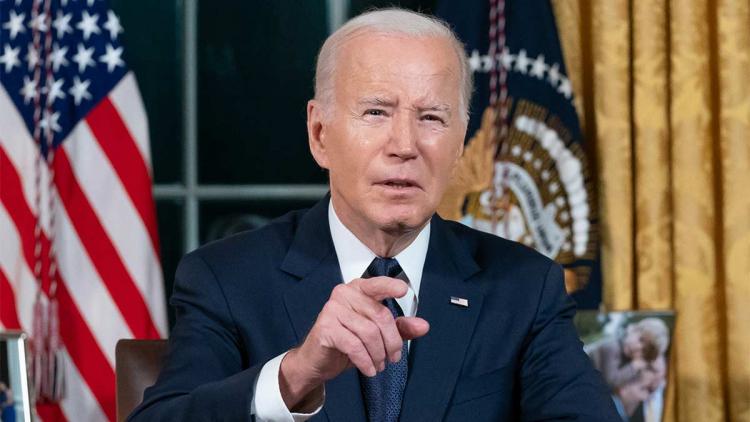In the current geopolitical environ - marked by signs of a new Cold War on the horizon, the dual demand of ensuring national security and economic advancement and the rapid rise of India under Prime Minister Narendra Modi as a world power that is adopting a new approach to international relations - the tasks of Indian Intelligence have multiplied both externally and on the home front.
The challenges for Indian Intelligence are organisational, operational as well as outreach-related - in the backdrop of new trends that have come into play.
Inter-agency coordination has acquired a new-found importance since in the emerging situation, external threats to internal security have become particularly pronounced, strategic intelligence is required for handling international relations and role of technology in dealing with the security scenario is now of unprecedented significance.
The transformational change for Indian Intelligence is that it is not merely to report on the threats, but also to proactively help the regime in formulating solutions for countering the same in the interest of national security, sovereignty and integrity.
This makes Intelligence a noble profession, deserving of national esteem and enjoins upon the agencies in India to put up their best efforts to measure up to the expectations rising from them by the world’s largest democracy.
The first challenge is to perfect the management of Intelligence itself. Security by definition is protection against the ‘covert’ threats from the enemy - an open attack is repulsed by the defence forces - and it is the job of Intelligence to confidentially gather information about the plans of the unseen adversary so that effective action to neutralise them could be taken in time.
Intelligence is therefore the ‘anchor’ of security, which in turn makes it mandatory that all pieces of Intelligence on a given threat reach a common point at the national apex for total collation, analysis and assessment.
Complete Intelligence is difficult to come by and therefore any part thereof should not be lost for lack of communication.
The Kargil Review Committee, which laid the groundwork for the establishment of the institutions of National Security Advisor and National Security Council Secretariat (NSCS), had noted that scores of Intelligence reports never moved up to a common point and were literally lost in transit.
In today’s international situation, strategic assessment has become far more important and demands ‘imagination’ on the part of the analysts to see what lies beyond the facts in front and envisage the shape of things to come.
An intense coordination among the agencies - spread across the Ministries of the government - that allows for full sharing of Intelligence has to come about and this is precisely what the present NSA has been able to achieve.
Integral assessments and coordinated responses are the hallmarks of success of security, and Intelligence has to be comprehensive enough to provide leads for counter measures in police, diplomatic and economic spheres.
The solution finding role of Intelligence for a sovereign India has become extremely important at present and it is clearly above any kind of political interpretations.
India’s national security scenario is set by the range of threats facing the country at a given point of time. Security is therefore not a one-time event and strategic assessments may have to be subjected to course correction depending upon material changes in the threat perceptions brought about by sudden shifts in the geopolitical developments.
Intelligence agencies accommodate these changes by reframing their agenda and resource utilisation. During the Cold War, they devoted themselves to the study of international Communism in a major way and post-Cold War, their time and energy is focused on tracking terrorism and helping counter-terror operations.
Even in Kashmir and Northeast where the Army had to be inducted in these operations, Intelligence-based action designed to reduce collateral damage has remained the aim of counter-terror initiatives - notwithstanding the provisions of AFSPA made available to the Army.
The Army is meant to inflict maximum damage to the enemy per bullet and it goes to its credit that while deployed on ‘our own soil’, it has quickly adjusted to the restraint needed in the new situation and handled counter-terror operations very well.
As mentioned earlier, strategic analysis is a challenging work for it has to take in not only the reports of the Intelligence agencies, but also absorb credible information available in the public domain, including the social media, and give due weightage to the readings of our diplomats abroad.
It calls for an exceptional capacity to ‘distinguish essentials from non-essentials’ and as already mentioned, an ‘imagination’ that can help to rise above the details and not miss the forest for the trees.
The security concerns of India currently arise from the situation in the Pakistan-Afghan region, the strategic alliance between Pakistan and China that has become extremely hostile towards India after the abrogation of Article 370 of the Constitution by the Indian Parliament, the ascendancy of radical Islam in the Muslim world, emergence of social media as an instrument of combat and ‘information warfare’, and repercussions of Ukraine-Russia armed conflict leading to the prospect of return of the Cold War.
Pakistan pretended to be a mediator in the Doha talks and managed to reinstall the Taliban Emirate in Kabul in 2021, securing some strategic advantage over India in Afghanistan.
The Joe Biden administration in the US had a certain comfort of distance in relation to Afghanistan after the withdrawal of American troops from there and Pentagon continued to have goodwill towards the Pak Generals.
Pakistan's ISI has in the process acquired the capacity to set upon India Islamic radical outfits in addition to the India-specific militants of HuM, LeT and JeM carrying on with cross-border terrorism in Kashmir and elsewhere in the country.
On line indoctrination for raising Mujahideen is fully in play adding to the challenge for Indian Intelligence. The situation on LAC, particularly in Ladakh and Arunachal, is sensitive because of the aggressive profile of PLA there and it goes to the credit of the Modi regime that adequate military build-up on the Indian side of LAC was ordered in time to check any Chinese designs on the border.
The Sino-Pak axis, however, has become much stronger and the give-and-take entered into by these two adversaries of India on Taliban controlled Afghanistan is paving the way for China to extend its B&RI project in Afghanistan.
India’s foreign policy based on bilateral relationships that were guided by mutual security and economic interests now includes participation in multilateral fora like Quad in the interest of advancement of world peace and global economic growth - this has served India extremely well.
It has helped India to strategise its moves against both Pakistan and China and enabled Prime Minister Modi to stand by his approach to the Ukraine-Russia conflict and retain his image as the world counsel on issues of war and peace.
The charter of Intelligence has undergone a fundamental expansion in keeping with the new age mandate and the requirements placed on it by the sovereign nation in the current world situation.
The threats to internal security like terrorism, radicalisation and communal militancy materialise closer to the ground - in lanes and localities - and it is therefore incumbent on the Intelligence agencies to go to the local levels to gather information.
The situation requires close liaison of Intelligence set up at the Centre with state and district Intelligence units so that the gap between ‘information’ and ‘action’ is reduced.
This should be done without compromising the principle followed in the Indian context that Intelligence personnel passed on ‘information’ and did not become part of the ‘action’ of police and other executive authorities of the state.
Terrorism in Kashmir and insurgencies in the Northeast had compelled drafting in of Army in these regions for countering violence. As Army was mandated to confine itself largely to conducting Intelligence-based operations, the responsibility of Intelligence agencies became particularly demanding.
Further, external threats and internal security has a ‘cause and effect’ relationship particularly for India and it therefore goes without saying that our external Intelligence agencies and those handling internal security had to have perfect coordination and prompt exchange of information for their own professional interest.
This holds good also for Technical Intelligence providers operating within and outside of the country. Our agencies are doing extremely well as far as mutual cooperation is concerned.
And finally, in keeping with the strategy of pursuing bilateral relations to the mutual advantage of both sides, an important part of responsibility of the Intelligence set up is to maintain liaison with the counterpart in the other country - this in fact is emerging as the test of true friendship between nations.
It is a matter of great satisfaction that in the regime of Prime Minister Modi, India’s National Security Advisor has ensured that this function is performed in a flawless note.
(The writer is a former Director of the Intelligence Bureau. The views expressed are personal)
ALSO READ | Imran Khan may be in jail but his political future can't be written off
ALSO READ | Vladimir Putin facing tough times ahead


















